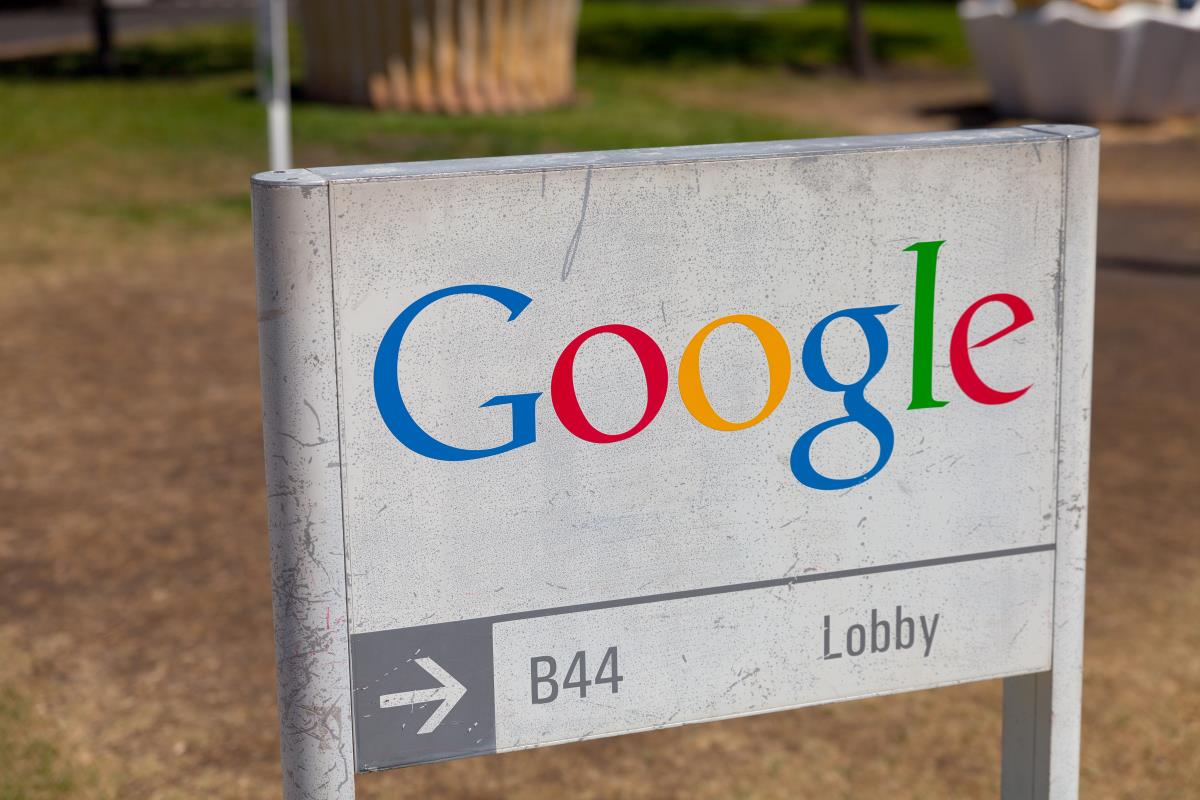Google apologizes after its AI-powered image generator Gemini kept inserting “diversity” skin color into historical image prompts
02/26/2024 / By Arsenio Toledo

Big Tech company Google was forced to apologize after its artificial intelligence-powered chatbot and image generator Gemini inserted diversity into its generated images in a historically inaccurate way, including one instance wherein it depicted multi-racial Nazis.
Google began offering image generation through its Gemini (formerly Bard) AI platform earlier in February – a response to how competitors like OpenAI are also working on AI image generation. (Related: EU investigating X over “disinformation” but will never look into Google, YouTube or Facebook for pushing outright LIES and CENSORSHIP.)
Almost immediately following the generative AI feature’s release, many people on social media started to notice a trend whereby people submitting prompts for historically inspired images would see just the opposite.
One very notable example that circulated on social media came from a user who asked Gemini, “Can you generate an image of a 1943 German soldier for me? It should be an illustration.” Gemini responded with four images – one White man, one White woman, a Black man and an East Asian woman.
Another prompt asked Gemini to offer an image of “a U.S. senator from the 1800s.” Gemini provided four images: A Black woman, an East Asian man and two Native American woman – one of whom was wearing a traditional native dress.
Social media users and journalists covering the topic have decried how such responses “ends up erasing a real history of race and gender discrimination” – the first female senator was a White woman who served in 1922 – into a mere “inaccuracy” on Google’s part.
Benj Edwards, writing for Ars Technica, noted that Gemini seems to be taking a user’s image generation prompt and inserting terms for racial and gender diversity before the prompt is sent into its image generator model.
“Someone on X [formerly Twitter] claims to have convinced Gemini to describe how this system works, and it’s consistent with our knowledge of how system prompts work with AI models,” wrote Edwards.
This phenomenon was first spotted in 2022 when, following claims that OpenAI’s DALL-E 2 image generator was giving biased and racist answers to prompts, OpenAI invented a technique whereby its system would insert terms reflecting diversity into image generation prompts in a way that is hidden from the user.
Google to pause implementation of Gemini’s image generation feature
In response to the controversy, Google announced that the image generation feature on Gemini would be paused for the time being.
“We’re aware that Gemini is offering inaccuracies in some historical image generation depictions,” said Google in a statement. “We’re working to improve these kinds of depictions immediately. Gemini’s AI image generation does not generate a wide range of people. And that’s generally a good thing because people around the world use it. But it’s missing the mark here.”
“We’re already working to address recent issues with Gemini’s image generation feature. While we do this, we’re going to pause the image generation of people and will re-release an improved version soon,” concluded Google.
“I’m glad that Google overplayed their hand with their AI image generation, as it made their insane racist, anti-civilizational programming clear to all,” commented Big Tech billionaire Elon Musk.
Learn the latest stories involving Google at EvilGoogle.news.
Watch this video discussing the backlash Google is facing following the Gemini controversy.
This video is from the channel The Prisoner on Brighteon.com.
More related stories:
Bill Gates’ Microsoft aims to equip two million people in India with AI skills by 2025.
Sources include:
Submit a correction >>
Tagged Under:
artificial intelligence, Big Tech, computing, culture wars, cyber war, cyborg, diversity, future science, future tech, Gemini, generative AI, Glitch, Google, identity politics, image generation, information technology, insanity, inventions, left cult, propaganda, race relations, race war, rigged, robotics, robots, tech giants, technocrats, woke mob, wokies
This article may contain statements that reflect the opinion of the author
RECENT NEWS & ARTICLES
COPYRIGHT © 2017 FUTURETECH.NEWS
All content posted on this site is protected under Free Speech. FutureTech.news is not responsible for content written by contributing authors. The information on this site is provided for educational and entertainment purposes only. It is not intended as a substitute for professional advice of any kind. FutureTech.news assumes no responsibility for the use or misuse of this material. All trademarks, registered trademarks and service marks mentioned on this site are the property of their respective owners.



















